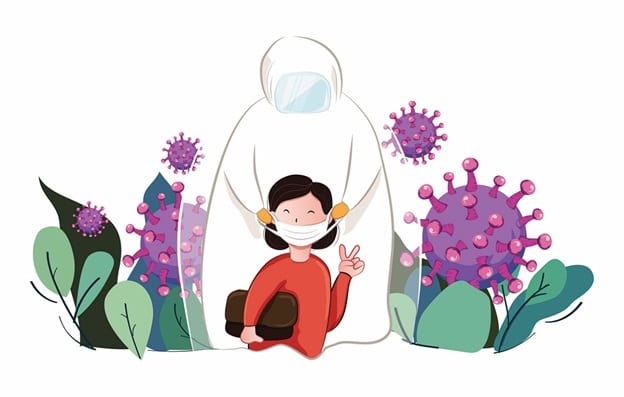 The journey to bring back the travel industry to a pre-pandemic level has been quite bumpy, with uncertainties often undoing months of preparations.
The journey to bring back the travel industry to a pre-pandemic level has been quite bumpy, with uncertainties often undoing months of preparations.
Although the travel industry has been able to inch forward, the impediments in the form of repeated rollback of bubble arrangements, recurrent state border closures and frequent setback to airline companies have dampened the momentum of the recovery process.
Australian domestic travel marked a significant improvement in 2021, with International Air Transport Association calling this recovery an indication of people’s appetite to travel.
Amid the endless loop, the sector continues to witness encouraging developments while the concerns still stay rampant over the COVID-19 repercussions. At the same time, the vicissitudes of the global pandemic scenario are not lost on the travel providers, eyeing all sort of measures to boost the travel sector reboot.
Given the prevailing situation, let us understand which factors are altering the pace of travel sector recovery.
A Battle Between Coronavirus Variants & Vaccine
Several coronavirus mutants, like the ones that emerged in the U.K, Brazil, and South Africa, have sparked concern among the global society. Several studies indicate them to be more dangerous in terms of contagiousness and health implications.
The World Health Organization is monitoring such viruses and has classified them as ‘variants of concerns’ and ‘emerging variants of interest’.
Besides, anxieties have grown concerning vaccines that were developed; keeping in focus the earlier forms of coronavirus may not protect against the new strains. WHO has indicated that since the COVID-19 vaccines elicit a broad immune response, they are expected to offer at least some protection against the new strains as well. The global health body also indicated that vaccine compositions could be changed if they prove less effective against any new strains.

Copyright © 2021 Kalkine Media Pty Ltd
Federal Stimulus To Recovery
Federal Government’s unprecedented measures were critical for the nation to stay afloat, with the Australian economy already nearing the pre-pandemic level.
A report from Deloitte indicates that the growth of living standard in 2020 outpaced the average growth over the past decade. However, the domestic travel sector basking in prosperous economic settings could be affected as JobKeeper wage subsidy came to an end. Deloitte analyst believes international travellers may not be back in Australia until 2022.
Australian Government’s 800,000 half-price flight tickets launched on 1 April. It attracted thousands of budget-savvy Australians to book their holidays. Although the Government’s A$930 million stimulus did not benefit the accommodation sector, the hotel bookings are expected to enjoy the positive spillovers from renewed tourism activity.
Travel Sector Building Their Immunity
The travel sector has stayed ahead of the curve in implementing dynamic measures which facilitate safe travel during the ongoing crisis period. To begin with, attractive and socially distanced tourism alternatives were rolled out post the relaxation of standards.
The hospitality players have also integrated safety and health measures, including regular sanitization, medical facilities, and other contactless services to avoid the spread of the coronavirus. The tech-enabled transitions have remained at the forefront to create travel sector resilience against unforeseen situations.

Copyright © 2021 Kalkine Media Pty Ltd
Travel Bubble Is A Progressive Recovery Approach
Taking a significant stride towards international travel recovery, Australia and New Zealand have kickstarted the travel bubble, expected to give a forward nudge to the nation’s travel sector.
NZ arrivals have remained significant to Australian overseas travel, with Australia welcoming more than 0.15 million Kiwi tourists in March 2019. While the number reduced by 96.6% in March 2021, there has been a 24.7% uptick from the last month.
At the same time, Australia is in talks with Singapore concerning bubble arrangements.
The quarantine-related travel inertia had been a significant deterrent so far, curbing people’s desire to travel. The travel bubbles without quarantine requirement for arrivers could be a step-by-step method to ensure at least some cash inflows to the international tourism sector until the en-masse global travel kickstarts.
Source: Kalkine Media
















